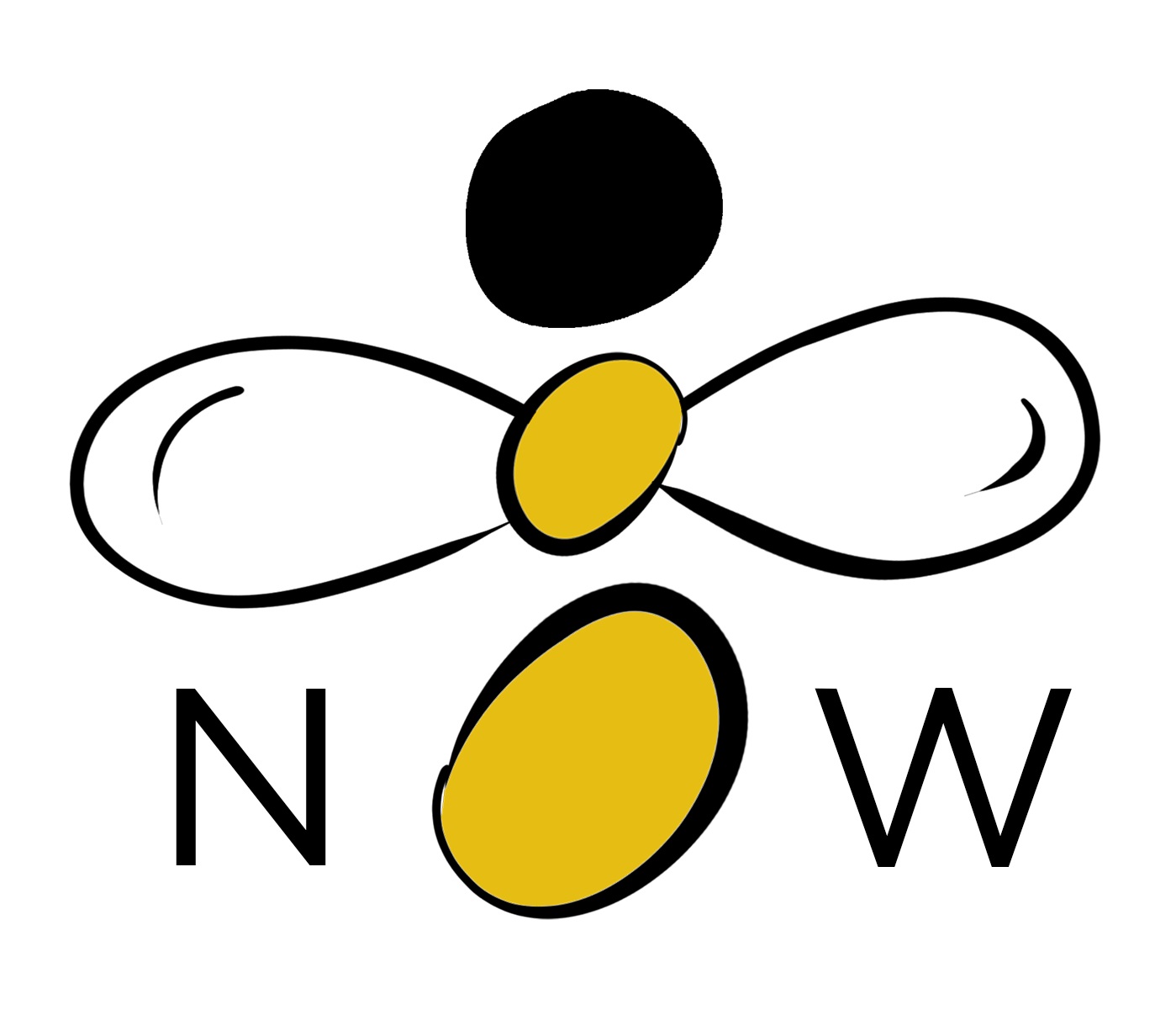When asked, “when are you least creative,” students in my workshops often respond with: stress, anxiety, or negative thinking. Not that we need science to tell us breathing is important, but validation does not hurt. Studies in neuroscience show the benefits of mindful breathing in regulating stress and anxiety. In the front area of the brain (the Frontal Lobe), science has discovered a neural circuit that is associated with the inner chatter that takes up brain space. This region is called the default circuit as it tends to anchor our thought process to preordained patterns. When studying the brains of people who practice mindful breathing, the default circuit deactivates and new neural circuits begin to resonate. In short, conscious breathing oxygenates and inspires the brain.
This is among my favorite discoveries in neuroscience because it shows how we can rewire our thinking by the simple technique of breathing. The paradox is that no thought or effort is necessary to be a conscious breather. At its core, breathing is a sensational experience, thinking is optional, and the benefits are vast. Whenever I guide a breathing exercise with students, they often say they feel relaxed and come to realize something new about their bodies. And sometimes, there are those who do not like the activity because of the pain and anxieties that emerge for them. I suggest to not be afraid of the feelings that come up; let them be felt, gently let go, and return to breath.
